
Declassified documents presented by Romanian intelligence prove that Călin Georgescu is supported by a state actor. The state in question is not named, but its actions are similar to operations previously carried out by Russia.

The first "shots" have already been fired: the EU is preparing taxes for the Chinese electric ve-hicles, and Beijing is investigating European subsidies for some products exported to China.

From the USA to China and Russia, from India to the Middle East, political leaders are over 70. Can they still make use of their experience to their advantage, or are they unable to adapt and have thus become a source of problems?

Eight months into the war, Israel has not achieved its goals in Gaza amidst growing international pressure. Prime Minister Netanyahu is risking his future political career whether he chooses peace or to continue the war. Opting for peace could eliminate the risk of Israel's isolation.

Xi Jinping visited Europe to project the image of a strong China and announce investments in Serbia and Hungary, both pro-Russian countries. Later, Xi welcomed Putin to Beijing and promised him the help of China, which shares with Russia the vision of a "multipolar" world. But the visit seems, at least for now, to have had fewer concrete results than Xi's visit to Europe.

Bosnia and Herzegovina will start EU accession negotiations 30 years after the end of the civil war. The country has made little progress since, and the Serbs – backed by the Russians – are threatening secession.
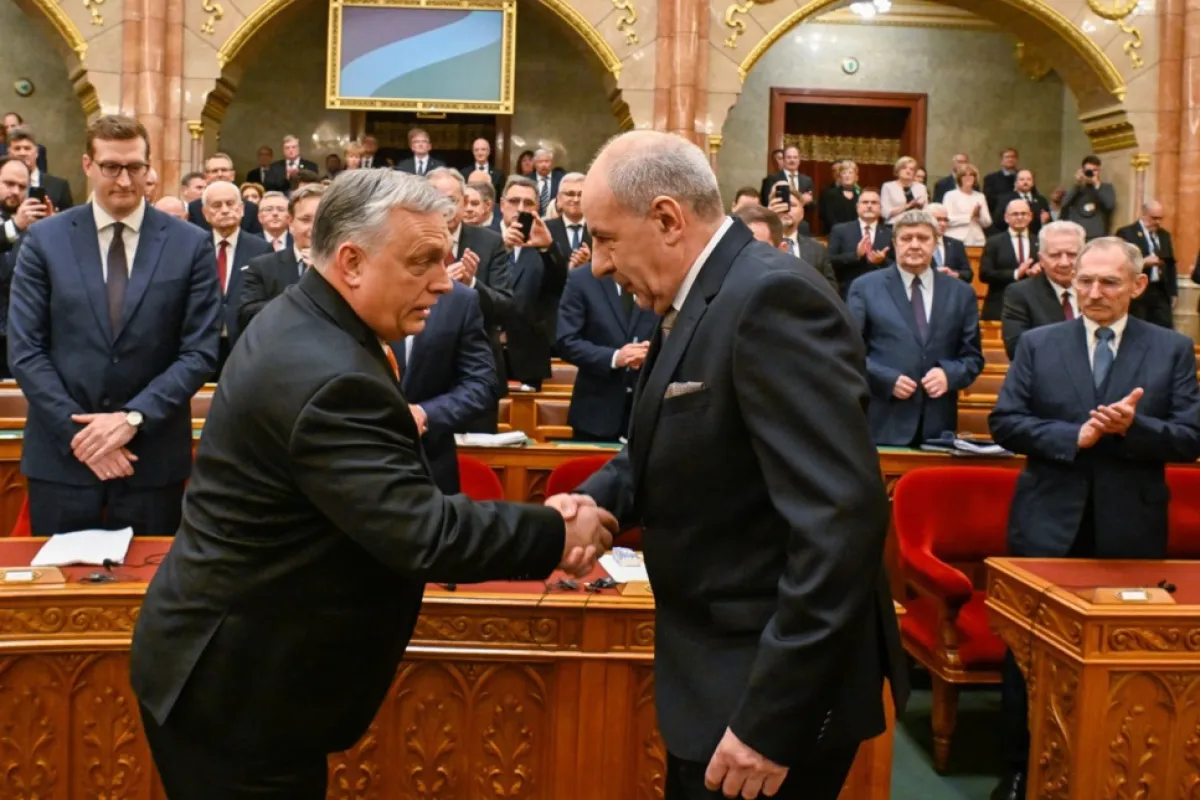
Hungarian Prime Minister Viktor Orban has slightly distanced himself from Russia for the first time since the invasion of Ukraine, but he has moved closer to the sovereigntists. This "dance" has very much to do with the interest in a post of European Commissioner.

Recent decisions show that Hungary's EU and NATO partners are fed up with Budapest’s boycott of common policies, anti-democratic drifts and its content playing into Russia’s hands. Although he claims that Russia is a viable alternative to the West, Vladimir Putin has few options to help his friend, Viktor Orban.

Extreme weather phenomena and disinformation are considered by experts to be among the greatest risks facing humanity in the medium and short term. There are also concerns about the risk of societal polarization and cyber security, according to the report on global risks drawn up by the World Economic Forum in Davos (WEF).

A Russian-inspired sovereigntist law proposed by Viktor Orban's party targets the press, civil society and the opposition. In parallel, FIDESZ promotes anti-EU messages in the election campaign.

Israelis were shocked that Hamas had organized such a large-scale attack without the security services finding out. Will Netanyahu pay the political price for this failure, or will the formation of an emergency government save him?

For a long time, the silent majority of Israelis have allowed the Netanyahu administrations to erode the democratic system and jeopardize the chances of peace with the Palestinians. But hundreds of thousands of people took to the streets to stop the justice reform that most Israelis see as a danger to the country's democratic institutions - but which is wanted by the extremists on whom the government depends.
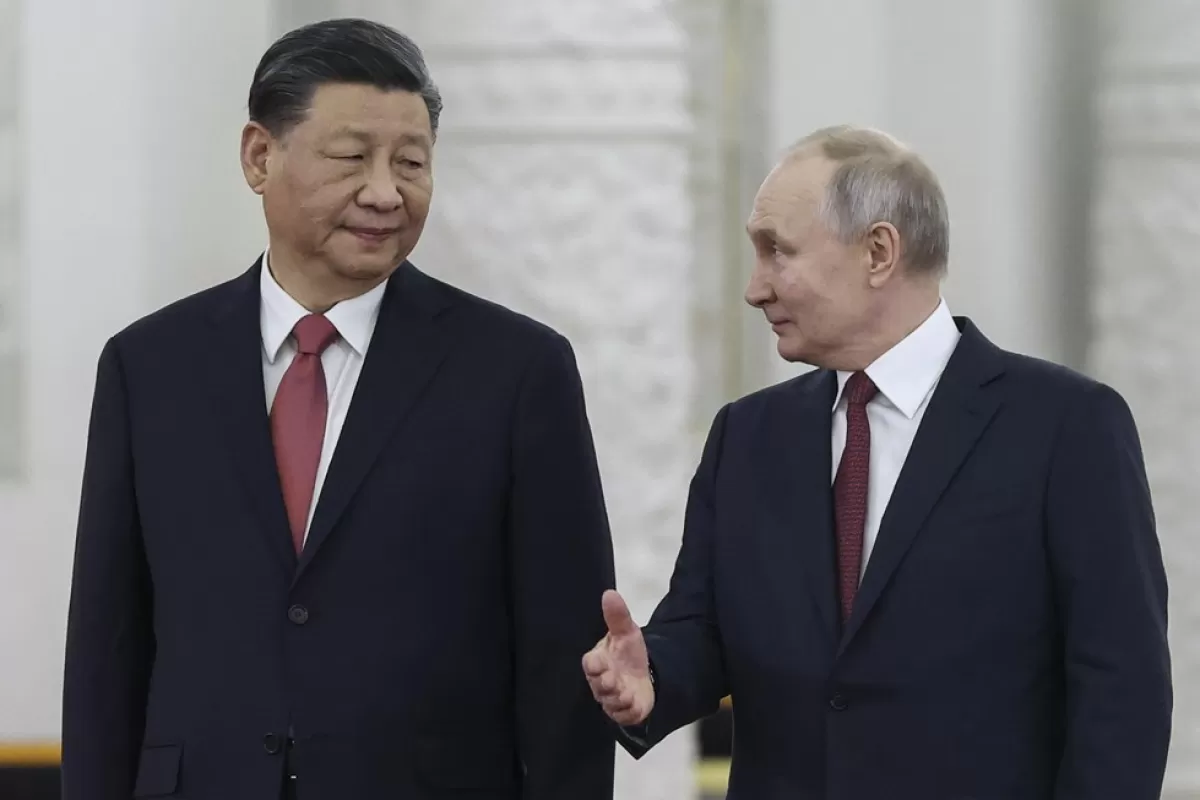
Xi Jinping visited “dear friend” Vladimir Putin in Moscow to promote his peace plan and sign deals that will take trade to $200 billion. For Putin, increasingly isolated internationally, the visit was a lifeline. For Xi, an opportunity to promote China's interests and his own image.
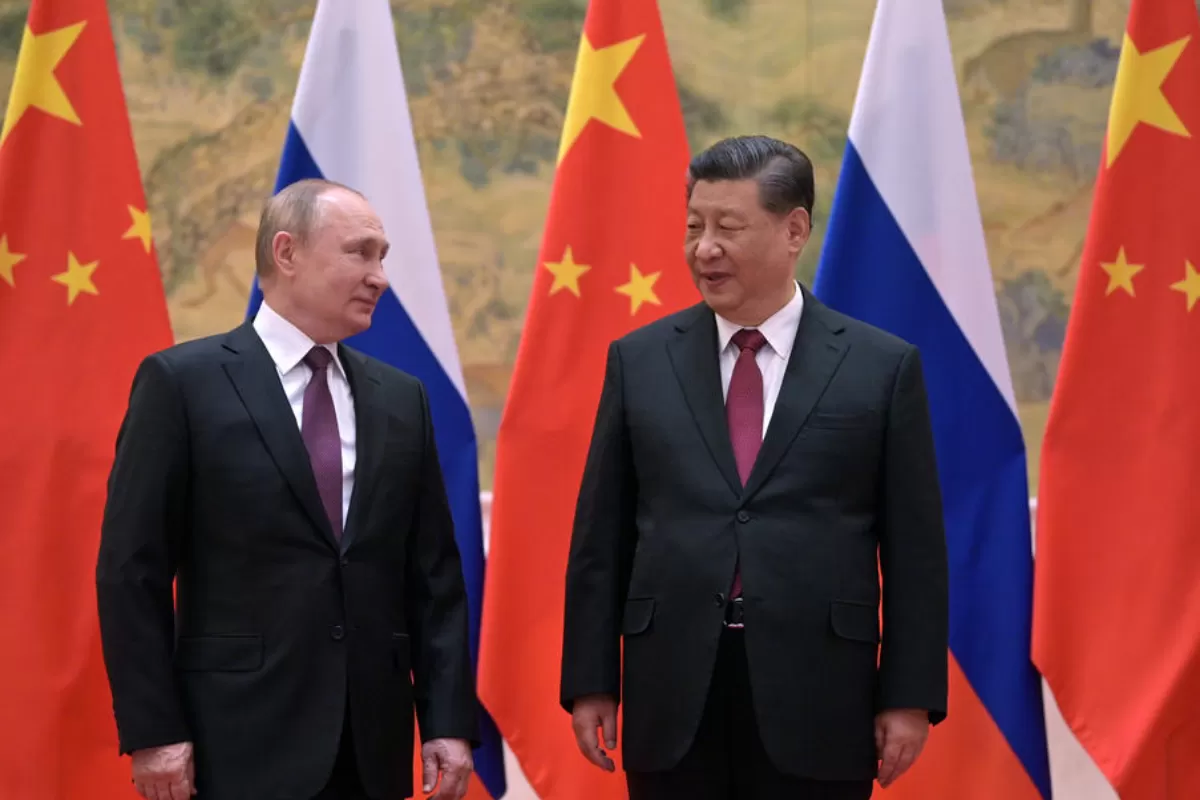
Although it officially has a close partnership with Russia, China is in no hurry to support it now, when it faces economic and military issues as a result of the invasion of Ukraine. With the image affected by the way it handles the current pandemic wave, Beijing does not need more negative publicity now that Xi Jinping is preparing for a new term at the helm of the country. Moreover, the war in Ukraine seems to have affected China's plans to bring Taiwan under its control.
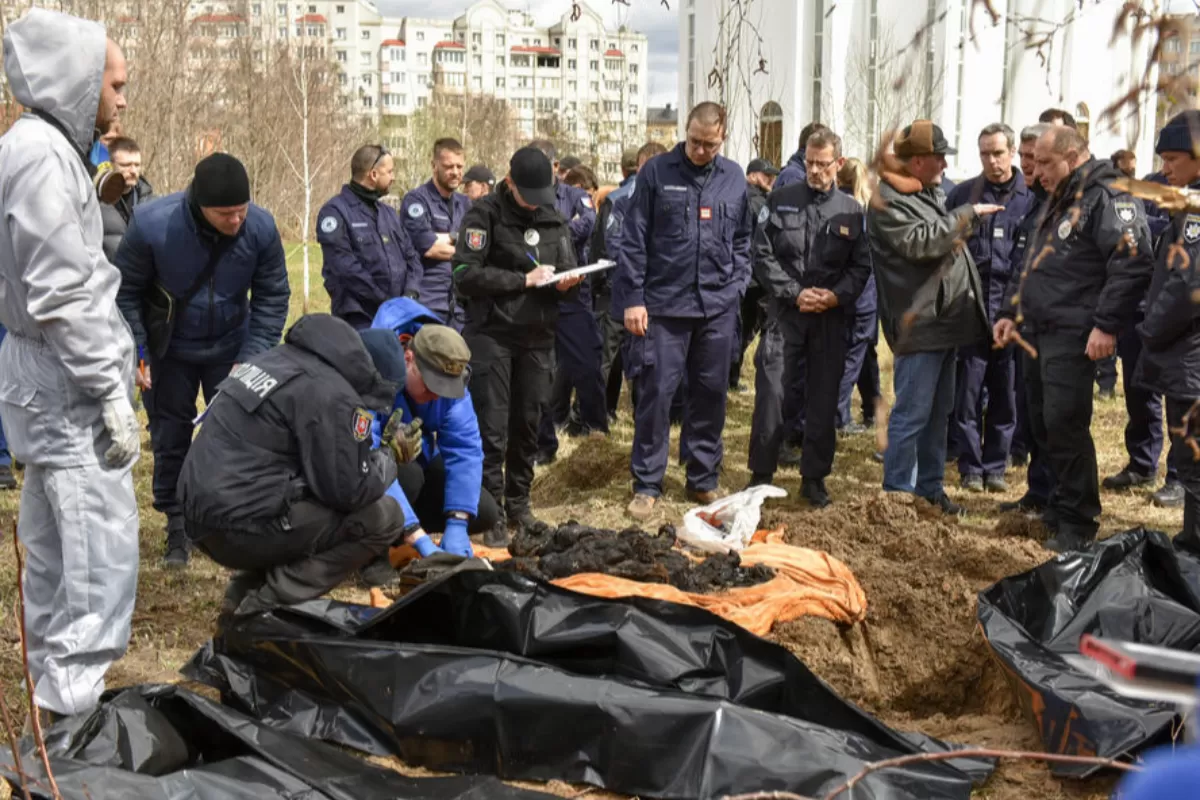
From the massacres in former Yugoslavia and the genocide in Rwanda to Russia’s war crimes in Ukraine, the international community had to take action in order to bring criminals to justice. In the case of Yugoslavia and Rwanda, international courts of law were set up. In the case of Russia, a nuclear power with veto rights in the UN Security Council, identifying and prosecuting the people who committed atrocities such as the massacre in Bucha, might be more complicated, although there are solutions in this case as well.
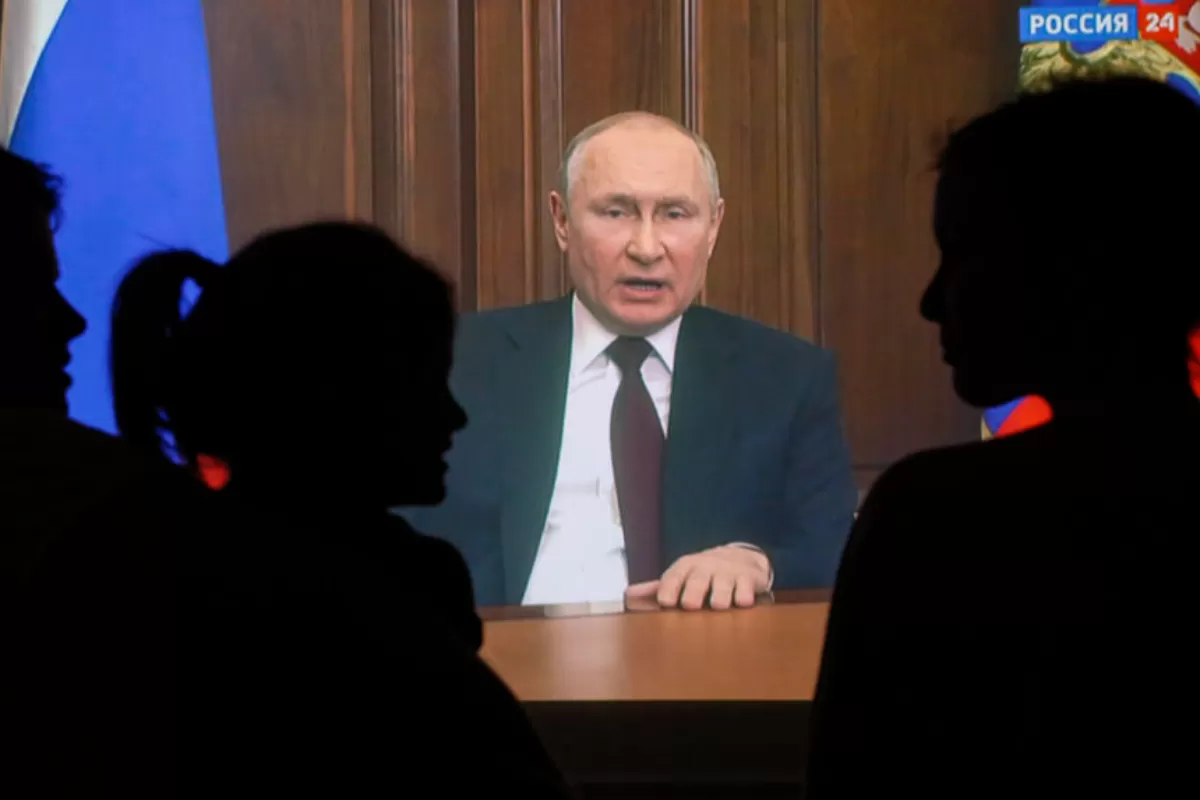
Putin wants to change the European Order, and he probably will, just not the way he imagined. The war in Ukraine, which has prompted a reaction in block in the West, throwing sanctions at Russia from all sides, might just be the last for Putin. But perhaps the most important development is the restructuring of NATO forces on the eastern flank.

The Western Balkans appear to be playing an increasingly important role in Russia's plans. Through its leverage in the region, Moscow is able to generate enough problems that require the attention of the West and diminish its ability to manage crises elsewhere - for example in the former Soviet Union.

26 years after the end of the Balkan war, marked the Dayton Peace Accords, the Croatian-Muslim Federation of Bosnia and Herzegovina and Republika Srpska are about to break up again.

China and Russia increasingly converge in their approach to relations with the USA and the West, which has given rise to speculation about a possible military alliance. Worst-case scenario, Russia and China will engage in coordinated military strikes in areas of key interest for the two autocratic powers: Taiwan and Ukraine.

Vladimir Putin’s plans have two main goals: to take Ukraine out of the gas market, and thus silence any political regime in Kiev, and to destabilize the European Union by means of repeated natural gas crises.

Who will be Germany’s next chancellor? Olaf Scholz, the Social-Democrat candidate, seems to be the favorite choice. And it wouldn’t be far from the truth either, if the German election system weren’t so intricate. Now, after the September 26 election, all options are still on the table.

On September 26, 2021, the Germans go to the polls. An extremely difficult choice after 16 years with Angela Merkel at the helm of the country. A choice on which not only the future of Germany, but also that of the EU depends. The imprint left by Mutti, as the Germans have nicknamed Angela Merkel, will not make the mission of the future chancellor easy. The nearly two decades have not been easy at all, but Germany's first woman chancellor has managed to stay in power and, most importantly, impose her views domestically and internationally.

Cuba has recently faced its largest protests in three decades. The protesters used social media to mobilize. Is this the weapon that will bring down one of the longest-surviving communist regimes in the world - or at least force it to accept profound reforms?

China’s global opening-up after Mao’s death and a partial adoption of capitalism have only apparently softened the communist regime in Beijing. Mao’s successors have regularly shown that they will not cede their tight grip on society and, if the system requires defending- or consolidating- they can be as ruthless as the “founding father”.

More than a 25 years after the war in Bosnia and Herzegovina ended, the country is still an "unfinished project", being more corrupt, less stable and less developed than other former Yugoslav countries.

The Nord Stream 2 pipeline, set to transport Russian gas straight to Germany, seems to have hit a few snags amidst growing opposition. Even if it does get finalized, Nord Stream 2 could prove useless due to Europe’s transition to alternative energy sources.

Four elections in less than two years, and Netanyahu continues to come out on top and stay in power. In a world as difficult as today, with all the developments in the Middle East, in a society as complex as Israel, that is no easy feat. Still, Bibi, as most Israelis like to call him – or “King Bibi”, for his most diehard supporters – has succeeded even when the whole world was against him. And he’s now become the veteran (and survivor) of Israeli politics.